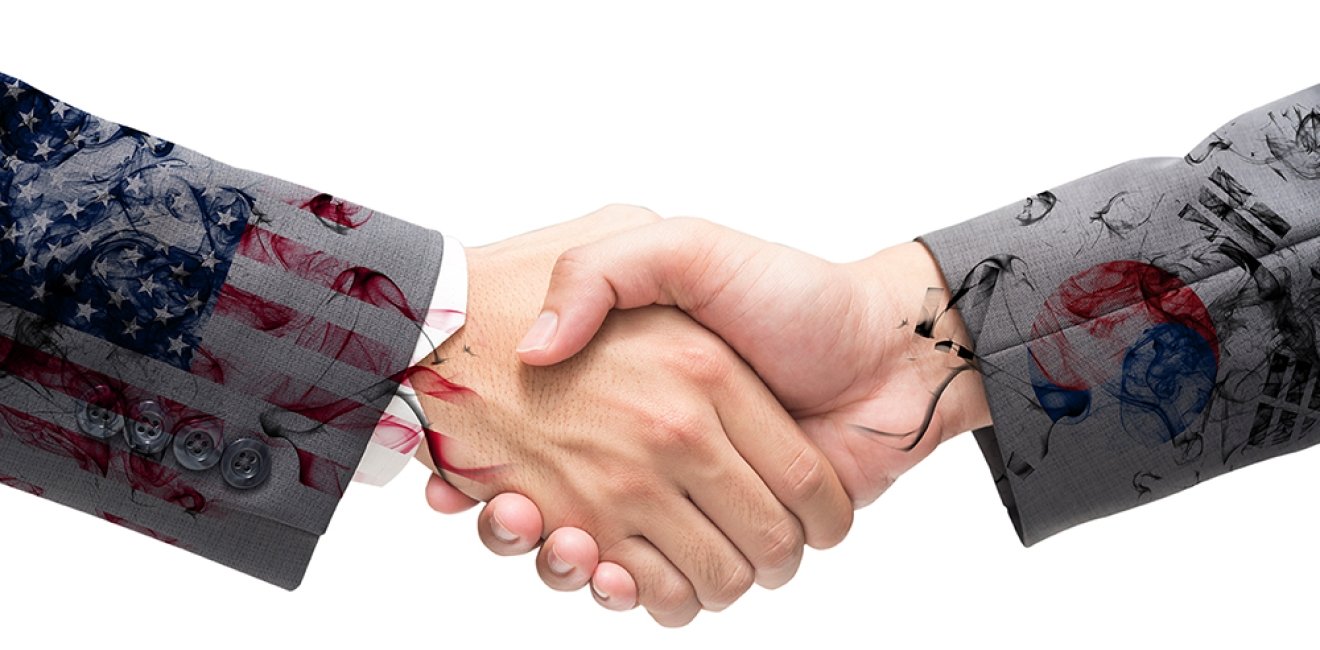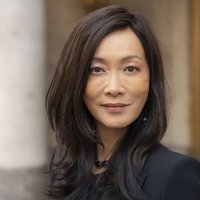Biden and Yoon Have a Chance to Reshape the U.S.-South Korea Alliance for the 21st Century
The upcoming Biden-Yoon Summit will be an opportunity to shape the U.S.-ROK alliance for the 21st century.
The upcoming Biden-Yoon Summit will be an opportunity to shape the U.S.-ROK alliance for the 21st century.

Taking a break from dealing with the Russian invasion of Ukraine and various domestic crises, President Biden is scheduled to visit South Korea and Japan from May 20-24. This trip is even more important than usual, because it will be his first meeting with South Korea’s newly elected president Yoon Suk-yeol (as well as Japan’s new prime minister, Fumio Kishida). Personal chemistry is always difficult to predict, but the two men should hit it off—and thus can begin transforming the U.S.-South Korea alliance, forged in blood 72 years ago, for the 21st century.
Yoon has a stern image as a former prosecutor (he made his name as a scourge of corruption), but he is actually folksy, middle-class, and down-to-earth—just like the “ordinary Joe” in the White House. The two presidents can bond over their shared love of animals: While Joe and Jill Biden have the German shepherds, Major and Commander, living in the White House, Yoon and his wife Kim Keon-hee have four dogs and three cats, which are being called the “first pets” by the Korean media.
Yoon is an enthusiastic cook, and, even after becoming president, still goes out to shop with the first lady in food stores and department stores. He is so averse to pomp and circumstance, in fact, that he refuses to live in the Blue House, the palatial home of South Korean presidents, which he denounced as a “symbol of imperial power.” Instead, he is working out of an office at the defense ministry.
Beyond certain similarities of style, the two men are aligned ideologically. Biden comes from the center-left, Yoon from the center-right. U.S.-South Korea policy has sometimes been out of sync in recent years, with progressive presidents in Seoul and conservative ones in Washington. Now the two countries finally seem to be in close alignment.
The challenge will be to translate whatever relationship the two leaders can establish to address urgent issues that extend beyond the alliance’s traditional focus on North Korea. I have just edited a volume, “Two Presidents, One Agenda,” featuring 19 distinguished policy analysts from both South Korea and the United States laying out a to-do list for the two leaders. Some highlights:
If Biden and Yoon seize these opportunities, their summit can be more than a photo op. It can be the first step toward expanding and deepening the alliance for the challenges ahead.


The Center for Korean History and Public Policy was established in 2015 with the generous support of the Hyundai Motor Company and the Korea Foundation to provide a coherent, long-term platform for improving historical understanding of Korea and informing the public policy debate on the Korean peninsula in the United States and beyond. Read more


The Indo-Pacific Program promotes policy debate and intellectual discussions on US interests in the Asia-Pacific as well as political, economic, security, and social issues relating to the world’s most populous and economically dynamic region. Read more

